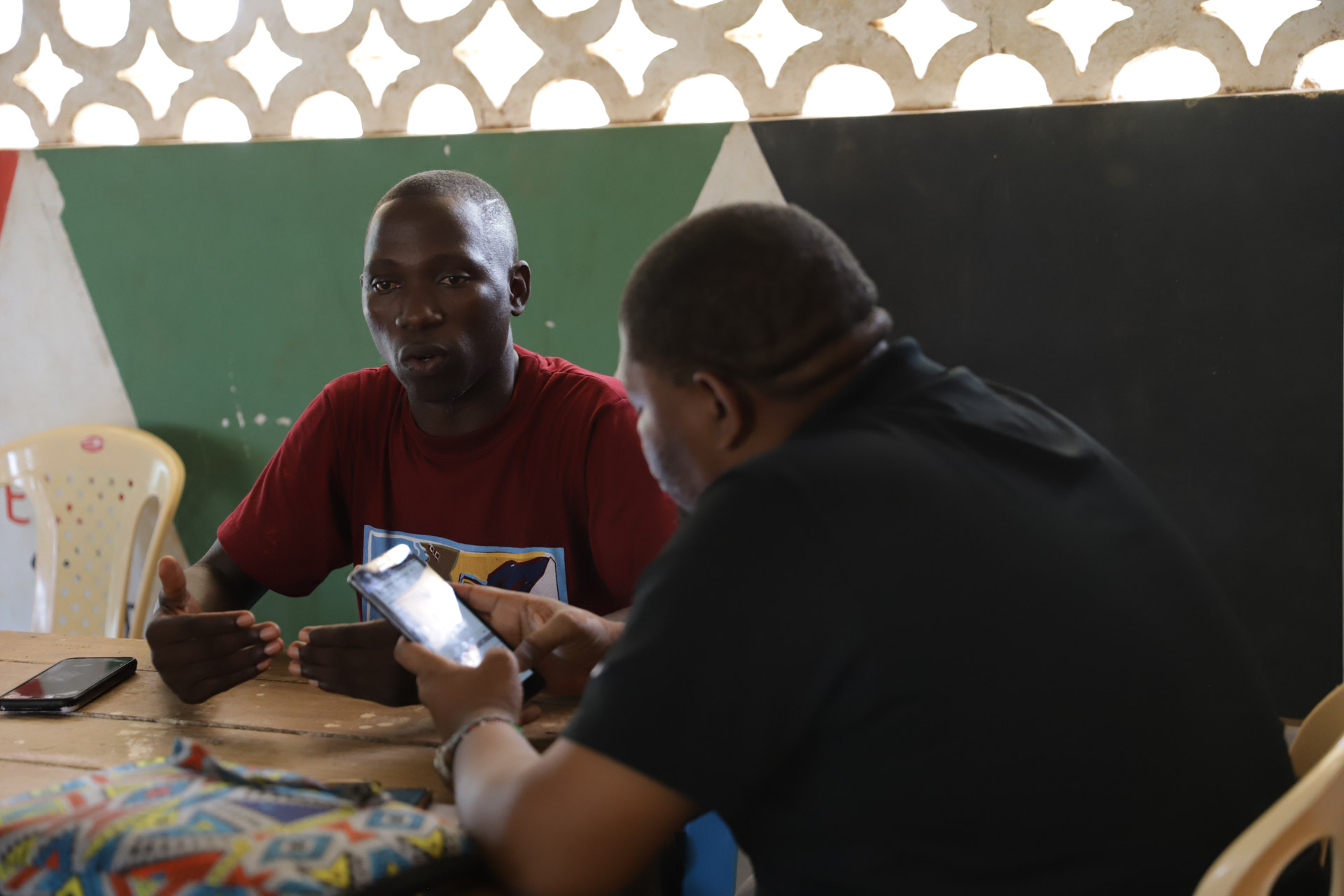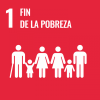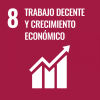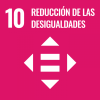Kilifi County, Kenya – “I honestly don’t know how my family would have survived if my wife didn’t get the opportunity to work abroad,” said Modi, who grew up along Kenya’s coast. “Life was very difficult, and the few jobs available did not pay. But with the money my wife has been sending us from Saudi Arabia, our lives have been transformed.”
Although his hometown in Kilifi County is known as a popular international tourist destination, with white sandy beaches and five-star hotels, it also has high levels of poverty and significant social challenges, including widespread unemployment, child labour and labour exploitation, sexual exploitation, and human trafficking – driving many people to look for opportunities to leave.
Modi’s wife, Aisha, was among the few in their neighbourhood to have the opportunity to travel abroad for work. In May 2023, through the help of a licensed employment agency, Aisha secured a job in the Kingdom of Saudi Arabia.
“My wife now works as a house manager in Saudi Arabia, and we are extremely happy,” said Modi.
Thanks to her job abroad, Aisha has been able to send around USD 1,200 in remittances to her husband and their two daughters each month.
“From the money she sends back home, our daughters’ education has been paid and we are now building a rental house; not just any house, but a set of eight rental quarters where we hope to get extra income to provide for our children and extended family,” explained Modi.

Mohammed Juma (Modi) standing amidst the foundation of the houses he and his wife are building thanks to remittances. Photo: IOM Kenya/Janet Adongo
Modi is not alone. According to the Kenya National Bureau of Statistics, the number of Kenyan diaspora has steadily been on the rise and currently stands at over 4 million people. Remittances, which are the single highest source of foreign financial inflows into the country, stood at USD 4.2 billion in 2023 – making Kenya the third highest remittance recipient in sub-Saharan Africa.
This enables families like Modi’s to finance and purchase basic goods, secure housing, and pay for children's education and health care. Remittances also provide capital for small businesses and entrepreneurial activities with the potential to channel resources into national development programmes and other investments. Remittances account for around three per cent of Kenya's Gross Domestic Product, according to the Central Bank of Kenya.

Modi during the ethical recruitment training by Pwani Youth Network in Kilifi County, Kenya. Photo: IOM Kenya/Janet Adongo
Modi believes that educating himself and assisting his wife to understand how to safely migrate overseas to find work was crucial for her success.
In 2023, Modi took part in a training hosted by the International Organization for Migration (IOM) on “Promoting a Gender-Sensitive, Safe Labour Migration Channel”. The training was supported by the Better Regional Migration Management (BRMM) programme funded by the Foreign, Commonwealth and Development Office (FCDO) to enhance labour migration governance and protection of migrant workers and their family members through a whole-of-government and whole-of-society approach.
During the training, participants learned how to find and use registered employment agents; how to protect themselves from incidences of abuse and trafficking once overseas; vulnerabilities facing male and female migrant workers; how to contact the Kenyan consular office or embassy in the country of destination; and most importantly, Modi says, how to read contracts to ensure a fair salary, and avoid being unpaid, or exploited. Without this training, Modi believes he would not have been able to advise his wife, and he and his daughters would not be receiving the remittances they rely on to survive.
Without proper information, many migrant workers fall victim to those who might seek to exploit them, according to IOM partner Pwani Youth Network who conducted the training.
“We have heard of many instances of Kenyan workers being exploited once they migrate for work,” said Mr. Odhiambo, Pwani Youth Network Trainer. “No pay, or poor pay, and therefore rendered unable to derive the much-needed income to send back home to their families. This defeats the point of migrating for many who only wish to earn money to send remittances back home.”
Modi now voluntarily gives information and advice to members of his community seeking to go overseas to find work. Every week Modi volunteers at the local YMCA, where he answers the questions and concerns about working abroad.
In Kenya, IOM has trained over 200 private recruitment agencies (PRAs) on the International Recruitment Integrity System (IRIS) in 2023, which is a flagship programme aiming to build the capacity of PRAs to promote ethical recruitment practices. IOM Kenya is currently working with the Government of Kenya to support in reducing the cost of sending remittances between the UK and Kenya under a FCDO-funded project.
For more insights, data and analysis on remittance trends and other significant shifts in global migration patterns, refer to IOM's World Migration Report 2024


